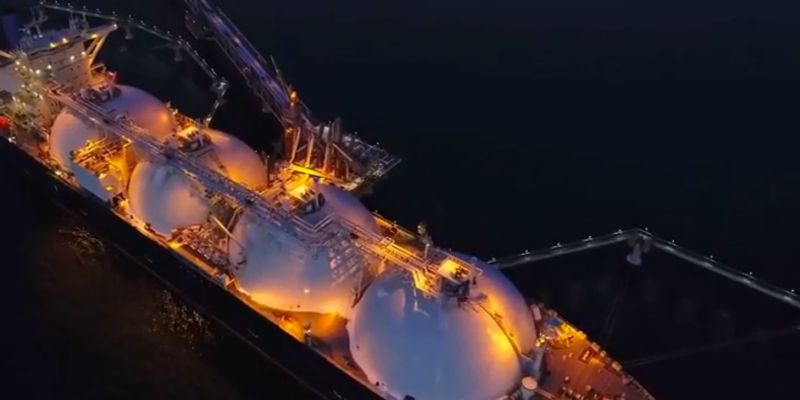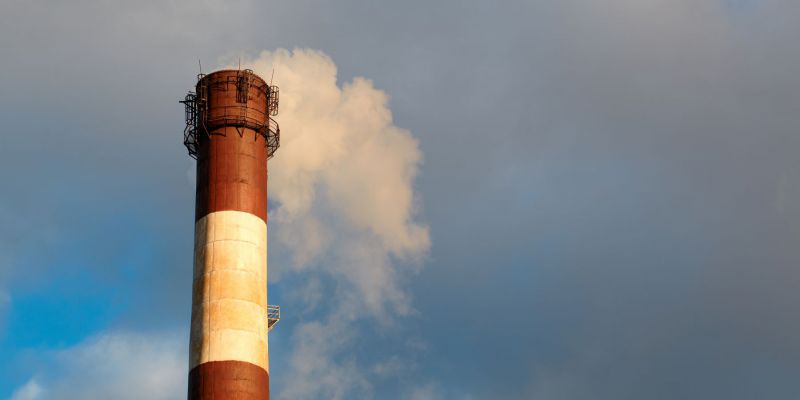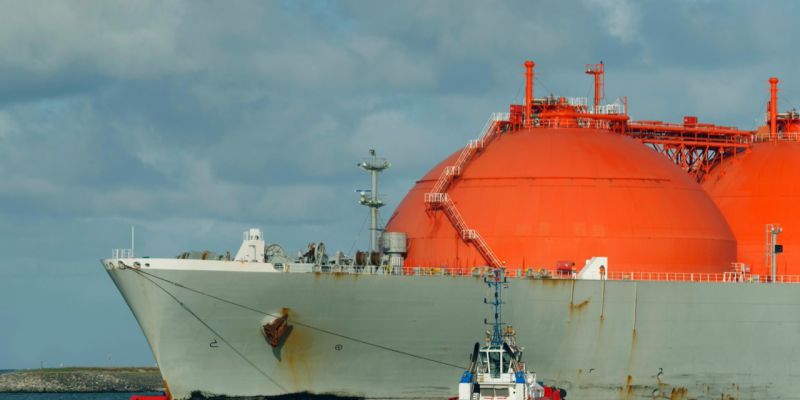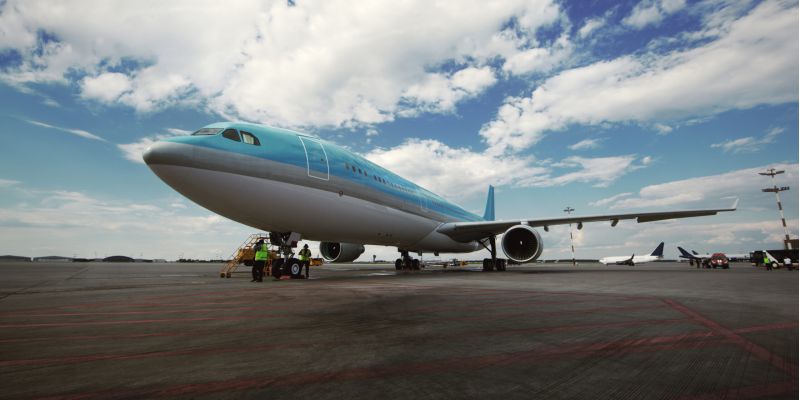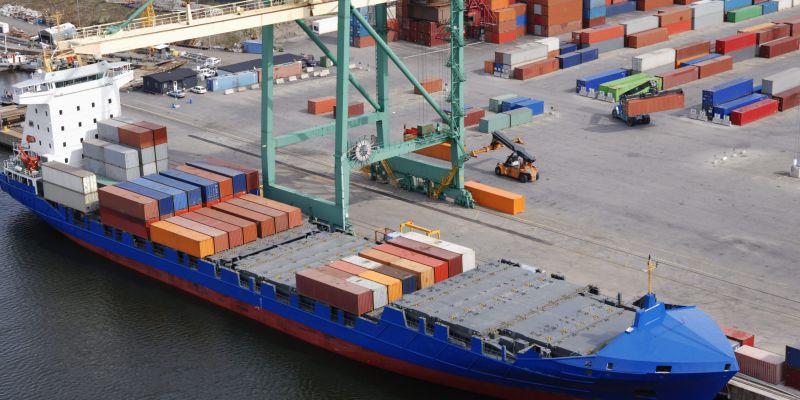LNG and Europe’s dependence on natural gas
We published a video on this topic back in March 2022 in light of the start of the Russian war of aggression. Back then, we looked at economic networking as a motivation for peace and, in particular, the European Union’s (EU) dependence on Russian gas from an investment perspective. But what happened next?
In the following two years, political leaders focussed intensively on Europe’s vulnerability to blackmail due to its dependence on natural gas. The EU actually managed to successfully counteract this. With liquefied natural gas (‘LNG’) imported by ship and consistent efforts to reduce gas consumption, an alternative was created and Europe’s dependence on Russian gas was significantly reduced. The key was EU-wide emergency regulations, which could never have passed through national legislatures in such a short time. The LNG terminal expansion took place at record speed. An impressive demonstration of European integration and technical capacity to act.
Today, LNG is a key element for a secure and more climate-friendly energy future in Europe. Investments in LNG infrastructure and the diversification of gas imports have helped to reduce dependence on individual suppliers and stabilise energy prices. With the ongoing development and improvement of LNG technology and infrastructure, LNG will continue to play a central role in Europe’s energy supply. From an investment perspective, we are watching this development with growing interest.

Clemens Fuchs
Fund Manager

